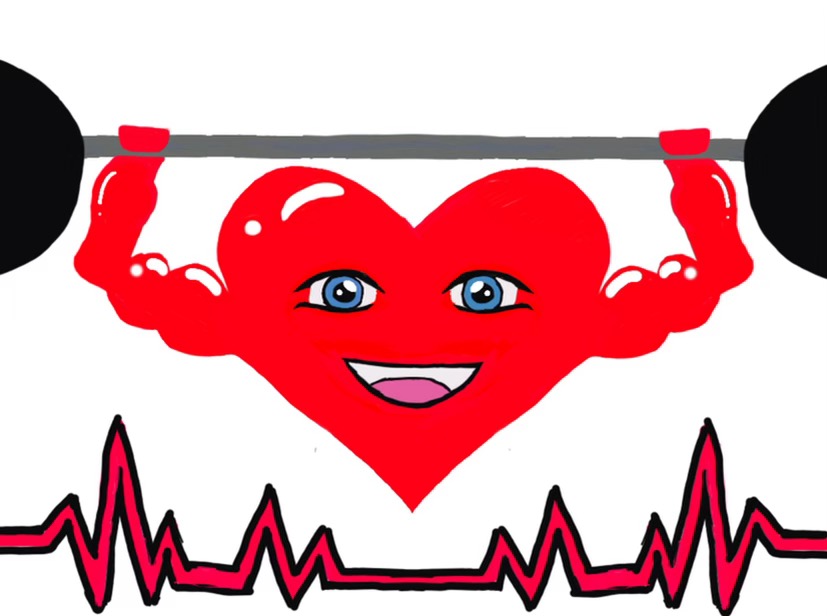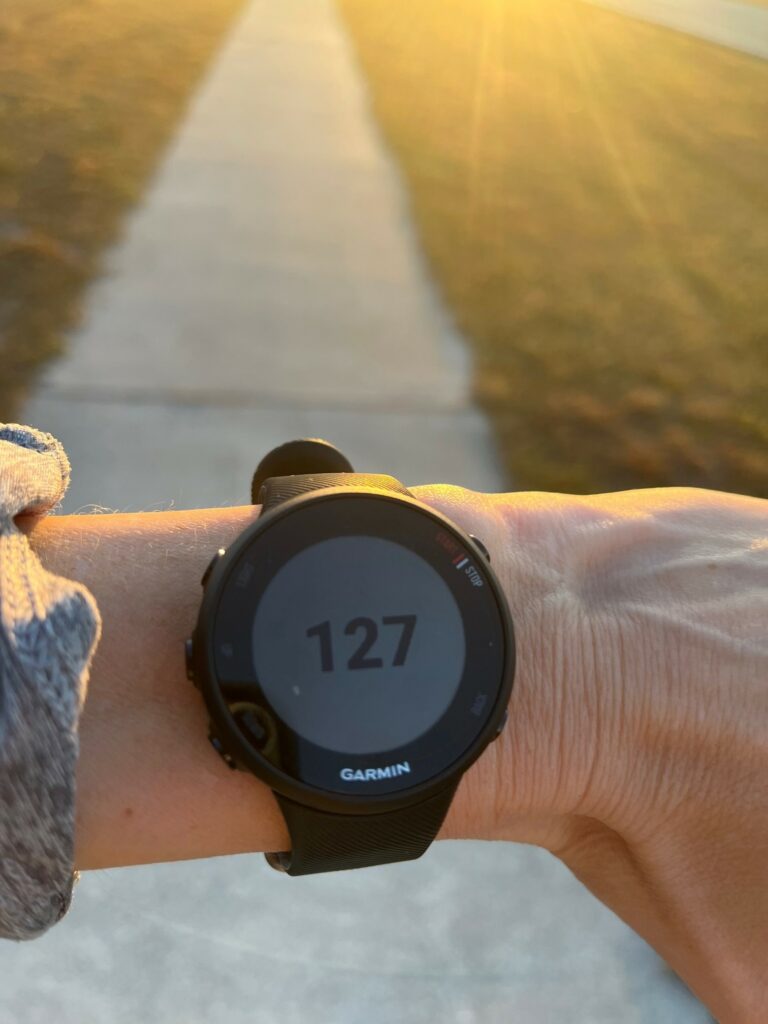
Heart rate monitors are great tools for tracking exercise and measuring progress, but they can also be invaluable in tracking your recovery. I already knew they can be your first indicator of overtraining but learned it can signal much more serious issues.
Heart rate monitors are important for recovery as they provide a convenient and accurate measure of fitness and cardiac health. Tracking your recovery heart rate and resting heart rate can greatly enhance your health and recovery. The values can be good predictors of minor issues such as overtraining to more serious issues such as disease and even cardiac death.
The use of heart rate monitors in recovery does not get a lot of attention, but there are important benefits to using one. Tracking your heart rate immediately after exercising provides important feedback about your health and risk factors. Tracking your resting heart rate can also be used for preventing overtraining. To learn more how to best use a heart monitor in recovery please read on.
What important information does Heart Rate Recovery tell you?

Heart rate recovery (HRR) is a term that refers to the capacity of your heart to return to normal function after exercise. This is used as an indicator of overall health, fitness, risk of disease, and is a predictor of cardiac death (see study here).
Testing your heart rate recovery is incredibly important and potentially lifesaving. It can be the first sign of possible heart problems allowing you to seek medical attention immediately.
People with low heart rate recovery are the most at risk of having a major health problem. Some common health problems with people who have a low heart rate recovery include diabetes, heart disease, heart attack, chronic inflammation, stroke, and an irregular heartbeat.
**Please note that if you do suffer from any heart problems or diseases only perform heart rate recovery test under medical supervision.
Low heart rate recovery can be improved
The good news is that your heart health and overall fitness can improve. Consistent exercise, adequate rest, and good nutrition all contribute to increasing your health and fitness.
By using a heart rate monitor, you can more accurately track your heart rate recovery and test it from time to time. One doctor recommended testing it every 3 months as you may not see much difference on a weekly basis.
It is good to keep in mind that not all low heart rate recovery values indicate sickness or disease. There are many factors that can affect recovery values such as dehydration, caffeine, and fatigue.
Regardless of your recovery value, everyone can benefit from knowing and tracking their heart rate recovery. Most importantly, it can indicate you may have a more serious health condition to be checked out by a doctor. At a minimum, it can also provide the extra motivation you need to start an exercise or wellness plan (see my articles on the best way to start running and getting fit in middle age).
How to use a HR monitor to perform a heart rate recovery test

It is the recommended to use a heart rate monitor when testing your heart rate recovery as it is more accurate. The test typically involves capturing your peak heart rate while exercising and your heart rate soon after stopping, usually 1 minute immediately after.
Some heart rate monitors will automatically calculate your heart rate recovery for you. On other monitors you may need to do a little calculating based on the numbers from your heart rate monitor.
To calculate your heart rate recovery:
There are two main ways to calculate your heart rate recovery at home. One is based on your achieving a peak heart rate which is similar to a stress test. The other is based on your max heart rate while performing an aerobic activity such as running or biking.
HRR = Peak heart rate – heart rate 1 minute after stopping
HRR = max heart rate – heart rate 1 – 2 minutes after stopping (for more information see here)
The goal is to have a heart rate return to normal as quickly as possible, so a higher number is a sign of good health and fitness. Lower than average numbers are not as desired and may be an indicator of sickness, disease, and even a predictor of cardiac death.
There is no specific number that indicates optimal health, but researchers have found averages that are used as guidelines. See the chart below.
| Good heart rate recovery values (Using peak heart rate method) | BPM variance |
| Cleveland Clinc | 18 bpm or higher |
| 2014 study in European Journal of Applied Physiology (study of physically active men) | average 15 bpm |
| 1999 study in New England Journal of Medicine | between 12 and 23 bpm |
Be sure to share your values with your healthcare provider, especially if you fall below the averages above. Keep in mind that you can improve your heart health as discussed above.
Using HR Monitor for determining if you need more rest

A heart rate monitor can be used to track your resting heart rate and can be used to know if you may need more recovery. An elevated resting heart rate is one of the main ways to tell if you are overtraining.
Exercise is good for the heart and usually leads to a decrease in resting heart rate. An increase in resting heart rate is not a good sign as it could be from overtraining or the first sign of illness coming on. Either way, an elevated heart rate is a strong indicator your body needs more recovery.
Studies have found that a resting heart rate 5 beats above normal was a primary predictor of overtraining. An older study found that runners that were overtrained had an average resting heart rate of 10 beats above normal (see article here).
Monitoring your resting heart rate can help optimize your recovery to full athletic ability after hard workouts and weeks. Once you are overtrained it can take days, weeks, or longer to fully recover. You can also lose your desire to run or exercise altogether.
Checking you resting heart rate daily can help you catch the first signs that you need more recovery. Look for changes of more than a couple beats per minute. A heart monitor will be more accurate and is recommended over manually taking your pulse.
Be aware that newer runners or ones beginning an exercise routine will have more variation in their heart rate. To learn more about heart rate monitors and how to find the right kind for you, see my article here.
Key Takeaways
A heart rate monitor is an important device for tracking how well you can recover from exercise and can be used to determine if you need more recovery. By getting an accurate measurement with a heart rate monitor you have important information that can prevent overtraining and signal you may have a more serious health problem.
While individual heart rates will vary based on a variety of factors, becoming familiar with your heart rate numbers is an excellent way to support and track your heart health and fitness goals.